Good morning Toronto Maple Leafs fans!
Six games to go. 11 days. Three at home, three away.
The season, thankfully, is almost over and we can get to the playoffs.
A home and away back to back kicks off the week on Monday & Tuesday.
Let's get going.
Last night the Maple Leafs defeated the Montréal Canadiens, and Auston Matthews scored goal number 64 and points number 100.
Recap: 64!
First Period Some excitement early when Simon Benoit passes across and the Leafs winger (Domi or Bertuzzi) sort of kicks it and a breakaway the wrong way ensues. Ilya Samsonov has to make a good save. Tanner Pearson gets a post. They get another chance off the next faceoff. I

The now former Newfoundland Growlers captain has found a new home in Florida.
Welcome to the Blades Todd Skirving ✍️ pic.twitter.com/H0nz3ZLVfs
— Florida Everblades (@FL_Everblades) April 6, 2024
Farewell, Growlers.
Superfans say goodbye and mourn the loss of the Newfoundland Growlers | CBC News
Newfoundland Growlers fans are lamenting the loss of another professional hockey team and reminiscing about the good times the team brought them.

Which is good, because they didn't work.
Maple Leafs Moving Away From Kyle Dubas’ Roster Philosophies - The Hockey Writers Toronto Maple Leafs Latest News, Analysis & More
Kyle Dubas and Sheldon Keefe seemed to be joined at the hip for years. But has Keefe now moved more toward Brad Treliving’s philosophy?
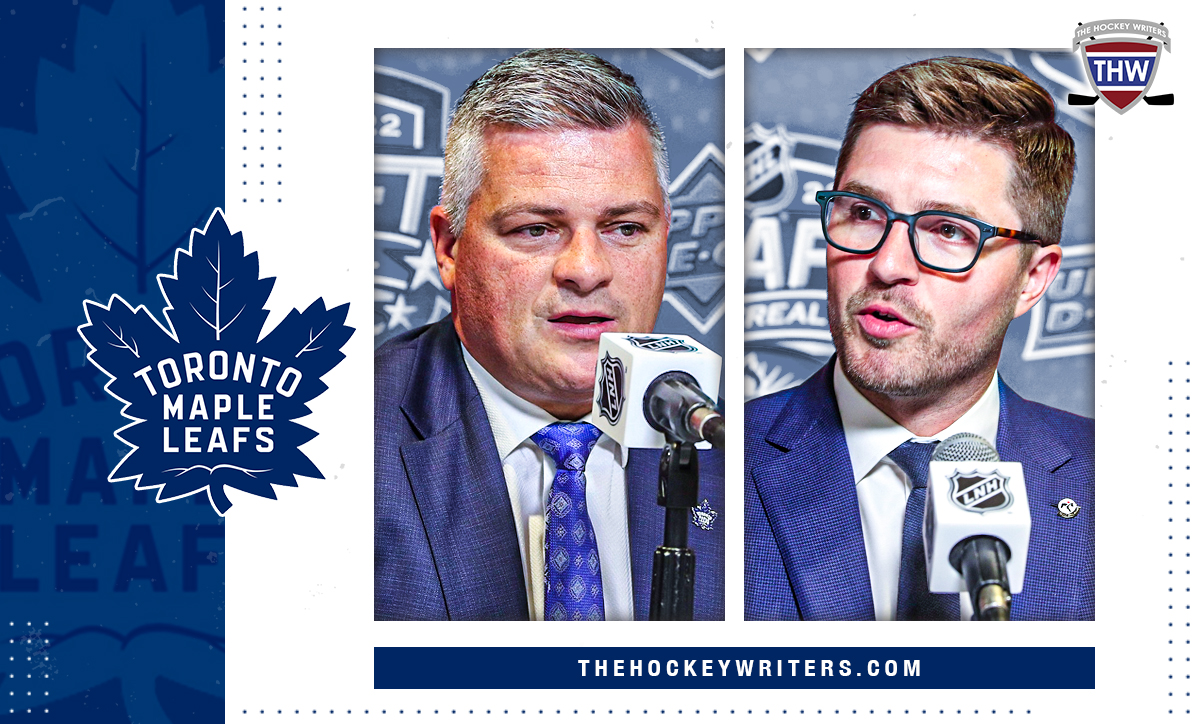
Officials rarely get hurt but it seems like he'll be okay.
Referee Steve Kozari stretchered off ice after collision with Lightning’s Haydn Fleury
The Penguins-Lightning game was stopped on Saturday when referee Steve Kozari collided with Tampa defenceman Haydn Fleury and fell to the ice, briefly losing consciousness.

Good for these kids.
How an Irish hockey team without an ice rink is turning heads at N.S. tournament | Globalnews.ca
Without a rink to call their own, a group of dedicated hockey players from Ireland made an 18-hour trip to play in a Halifax-area hockey tournament — and they’re putting on a show.
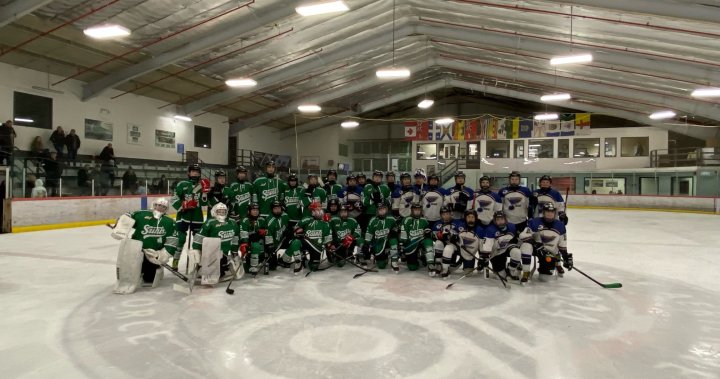
It all starts with the players.
LGBTQ+ hockey organizations opt to grow the game their way
This article was written by Jay Neemeyer as part of the Professional Hockey Writers Association and To Hockey With Love Mentorship Program. See the bottom of the article for more on the program.Perhaps unexpectedly, a Seattle Pride Hockey Association (SPHA) executive is thankful the NHL stopped allowing specialty warmup jerseys and briefly banned its players from using Pride Tape earlier this season.“It allowed the community to find each other,” SPHA co-founder Joey Gale said in a recent interview. “We were able to create friendships and partnerships with organizations like ours.“SPHA is one of several LGBTQ-focused hockey organizations experiencing growth in the wake of inconsistent messaging on social causes from the NHL. In some cases, individual NHL clubs and players have proven to be important allies to the community. Brian Liesse / Seattle Pride Hockey AssociationThe SPHA’s annual Seattle Pride Classic, for instance, has been held at the Seattle Kraken’s practice facility since 2022. Kraken radio play-by-play announcer Everett Fitzhugh has been part of the event since its debut in 2021 - before the NHL’s 32nd franchise even played a game.Though the Kraken didn’t have many resources to offer the first Classic, the team’s administration was excited to get behind the tournament from its inception. “We wanted to do whatever we could to encourage (the SPHA) and to highlight them and tell their story,” said Kyle Boyd, the Kraken’s director of fan development.The Classic aspires to be “the most inclusive Pride hockey tournament in the country.” The number of registered players more than doubled between 2021 and 2022, and since 2022, scholarships are available to players who need financial assistance to attend the event. In early March, the SPHA added a wait-list to its online landing page for the 2024 Classic; the tournament’s completely sold out.“I think it only proves that inclusion work is really welcoming to all,” Boyd said. “It’s important that we continue to celebrate and make space for people to come in and feel included whenever we can.” Brian Liesse / Seattle Pride Hockey AssociationTwo teams composed entirely of transgender and nonbinary players are scheduled to play in June: Team Trans and Trans Wave.Originally a project launched by Boston Pride Hockey in 2019, Team Trans is starting to organize into regional chapters to help transgender and nonbinary players compete with and against peers in their local areas.“It’s less expensive to travel across a region than it is across the U.S. to go and do events,” said Team Trans Twin Cities president Annie Bell, who’s also the director of expansion for Team Trans. “So, our goal is to create more hockey (competitions) in these regions that are regionally specific, so anybody in those states can go and play,” Bell added.Team Trans sent two squads to Seattle last year, with one competing in the high division and another in the recreational division. The high-division team won the tournament’s Empowers Cup, which is adorned with Pride tape and weighs - like the Stanley Cup - 35 pounds. Sarah Antaya started playing hockey at seven years old but didn’t feel fully accepted at the rink until recently. “Hockey was one of those things” that “kept me denying who I was for so many years,” Antaya said. She won a state hockey championship at 13, and the most recent Empowers Cup. “It was a feeling that I never in a million years thought I was going to feel again,” Antaya said of the 2023 title. “I never thought I’d be able to experience that type of intensity, that type of joy, in a hockey game ever again.“Antaya first found out about Team Trans by reading about Jessica Platt, who she shared ice with at the Classic. Early in her transition, Antaya was “in that mindset of, ‘Oh my gosh, what am I going to have to give up in my life to be who I am?’” At one point, she searched online for “trans hockey players” and found an article that mentioned the trailblazing Platt. Platt was pro hockey’s first openly transgender player, and she wrote about her experience. Jessica Platt in 2017 Steve Russell / Getty Images”There was Jessica’s story,” Antaya said. “All these dots just got connected. I can potentially still play hockey and not be forcefully excluded for who I am, or have to fight to be included.“Antaya also played with Trans Wave in the Chelsea Challenge in New York City and with Team Trans in the Canada Cup, which alternates between Montreal and Toronto. She said LGBTQ+ hockey doesn’t have much of a presence in Michigan, where’s she’s from. “When I get to play, it’s with Team Trans events or other similar events,” Antaya said.Of the more than 750 players registered with Team Trans worldwide, more than 150 are members of Team Trans Twin Cities, which serves Minnesota, Michigan, Wisconsin, and other Midwestern areas. Bell said other states, like Arizona, are “rapidly expanding.“Multiple players have taken their first skating strides thanks to local LGBTQ+ hockey organizations. Alpha, who uses one name, started playing hockey with the Madison Gay Hockey Association (MGHA) 10 years ago, before Team Trans existed.“Without the community, without the MGHA, I wouldn’t have played any sport,” Alpha said. “I just wasn’t offered opportunities to play sports in the household I grew up in.“Alpha said even though they didn’t have an athletic background, their teammates and coach were encouraging as they learned to play. “Having that supportive, loving system ... sure, I’m not joining the NHL anytime soon, but that doesn’t mean people don’t cheer me on and help encourage me,” they said. Patrick McDermott / Getty ImagesNow that the MGHA’s an established presence in Madison, Alpha seeks to help other trans people have fun, even if they’re just learning or have been away from the game for a while.An even newer player is Yrica Butt, who’s been playing hockey for less than a year as a member of both the Twin Cities chapter of Team Trans and Twin Cities Queer Hockey Association (TCQHA). Butt moved to Minnesota from Indiana and quickly became involved in both groups.She’s been to two tournaments already and has applied for the SPHA’s scholarship to play in Seattle. In addition to games, she helped staff an information and outreach table for TCQHA at PWHL Minnesota’s Pride Night in February and has been to the Twin Cities Pride Festival.PWHL Pride Night was especially meaningful to Butt after the Minnesota Wild didn’t wear Pride jerseys in 2023. The team was scheduled to wear the jerseys in warmup, but the Wild and other clubs preemptively discarded them shortly after Ivan Provorov and other players in the league refused to wear them.“To go to the PWHL game and the rainbows are there the whole time - there’s rainbow pride logos on everything, we’re selling out of all of our merch - it was a phenomenal experience for me,” Butt said.Another positive experience for Butt was meeting Wild defenseman Jon Merrill, who refereed the championship game of the TCQHA’s Salad Classic. Though Butt’s team wasn’t in the final, she had the chance to speak with Merrill and his wife at the event.“With the possible exception of (Minnesota governor Tim) Walz, I don’t think anyone has done quite as much for queer people in Minnesota as having an NHL player on our team saying loudly, ‘I will not stand for homophobia. I stand with queer and trans people,‘” Butt said.Merrill is Twin Cities Pride’s Ally of the Year and wore a pin with the TCQHA logo into the Xcel Energy Center before Wild Pride Night on March 12. He donated tickets for local LGBTQ+ community members and families to attend the game. He said several of his teammates and members of the Wild staff also contributed tickets.Jon Merrill wearing a Pride Night jersey in 2022 Bruce Kluckhohn / National Hockey League / Getty”(My wife Jess and I are) definitely in support of what they’re doing, and anytime they need help from us, we’re happy to help,” Merrill said. He met TCQHA league director Dani Bennett-Danek “a year or two ago.” Bennett-Danek invited Merrill to the Salad Classic when the two crossed paths at the 2023 Twin Cities Pride Parade.Stories like these are becoming more common.In Pittsburgh, Rayden Sorock ran into the city’s LGBTQ+ hockey team, the Tigers, at a pride march about 10 years ago. He hadn’t played hockey since the end of high school. He’s now the vice president of the Tigers’ board.The Penguins’ mascot has marched alongside the Tigers in the city’s pride parade for the past few years. The Penguins also support the Tigers directly by funding their ice-time fees through a substantial donation from the Penguins Foundation.The Tigers play their games at the Penguins’ practice arena about 20 miles outside the city. They also have events at other rinks, including the Hunt Armory Ice Rink, the “home to the Pittsburgh Penguins diversity and community programming,” according to the Penguins’ community webpage for the rink.Fans who followed NHL All-Star Weekend in Toronto this year may have read about the Pride Cup, a ball-hockey game held as part of Fan Fair. Two teams of players from the Toronto Gay Hockey Association (TGHA), which has more than 200 total members, competed, and NHL commissioner Gary Bettman presented the TGHA with a check worth $25,000 following the game.“That was a bit of a surprise - and obviously welcome,” said TGHA inclusion director Ron Lo.Lo was first introduced to the TGHA about 12 years ago when longtime executive Brian Burke mentioned it on a Maple Leafs broadcast. Burke’s a vocal ally of the LGBTQ+ community in honor of his late son Brendan, who was gay. Lo, at that point in his life, said he was still “in denial” about his sexuality. He joined the league after the end of COVID-19 lockdowns. Maddie Meyer / Getty Images”It was 2019, 2020, I’d accepted my sexuality and was looking for a way to find my way into the gay community,” Lo said. The TGHA plays every Sunday between September and March, and Lo looks forward to each game.“It’s essentially become like a second family,” Lo said.This article was written by Jay Neemeyer, who’s part of the Professional Hockey Writers Association and To Hockey With Love Mentorship Program. The program pairs aspiring writers with established members of the association across North America to create opportunities for marginalized people who aren’t traditionally published on larger platforms covering hockey. To Hockey With Love is a weekly newsletter covering a range of topics in hockey, from the scandals of the week to critical analysis of the sport
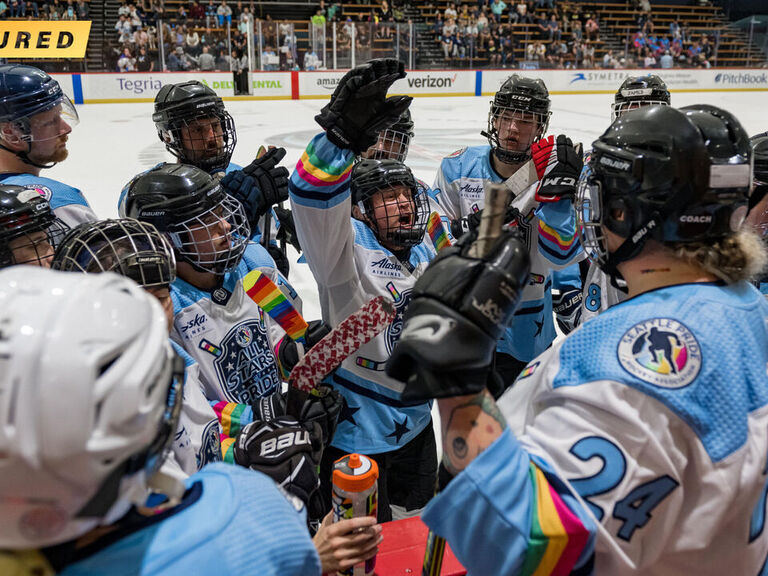
Finally, the post game from last night.
Sheldon Keefe on the Leafs overcoming a sleepy start in Montreal: “We started playing with a lot more pace and simplicity [in the second period]... When we do that, we are a lot to deal with”
Sheldon Keefe addressed the media after the Maple Leafs’ 4-2 win over the Montreal Canadiens which improved the team’s record to 44-23-9. On the team turning it around with four goals in eight minutes after a slow start: I just thought we started playing with a lot more pace and simplicity to our game. When […]
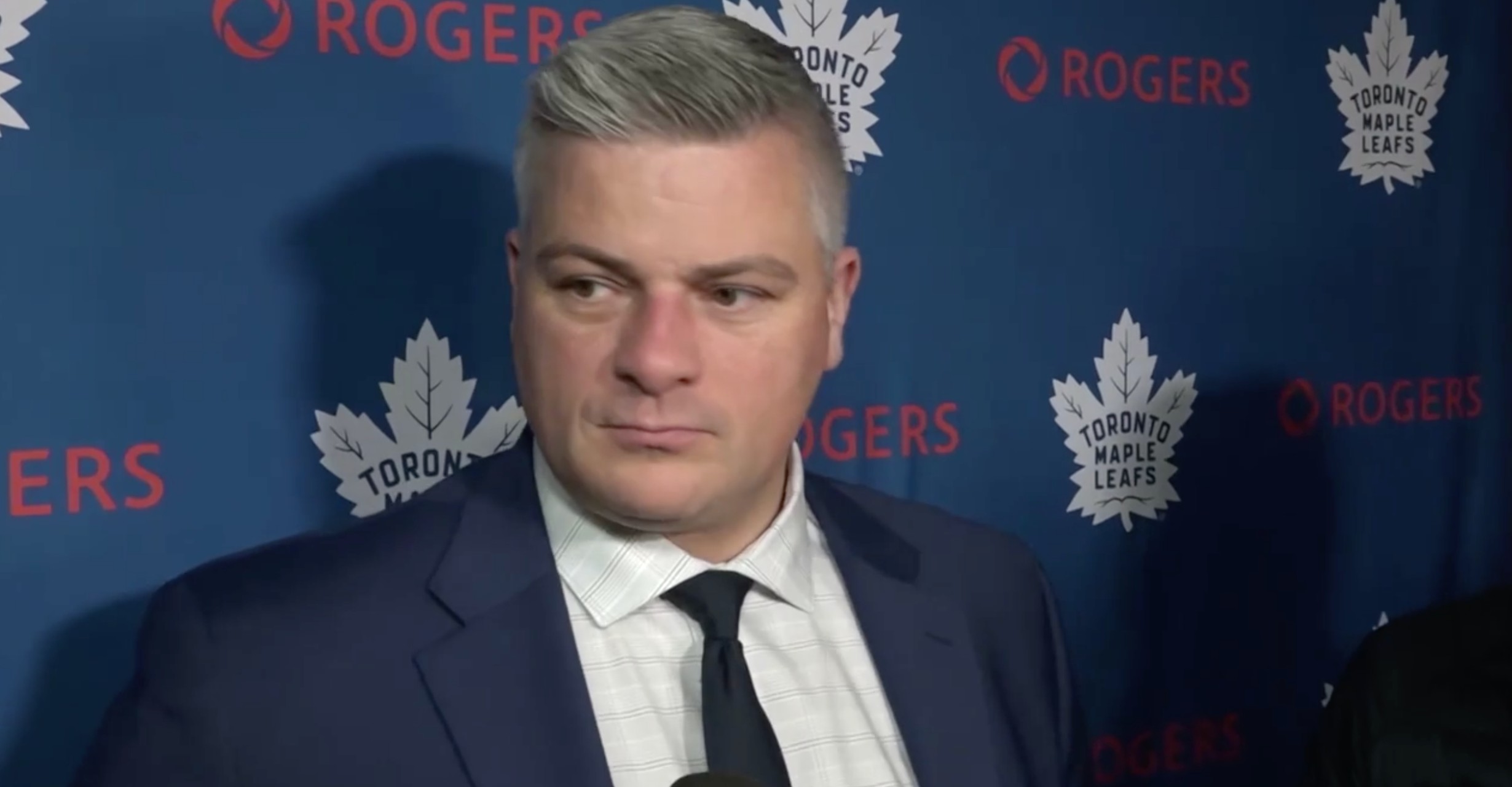
Enjoy your day!

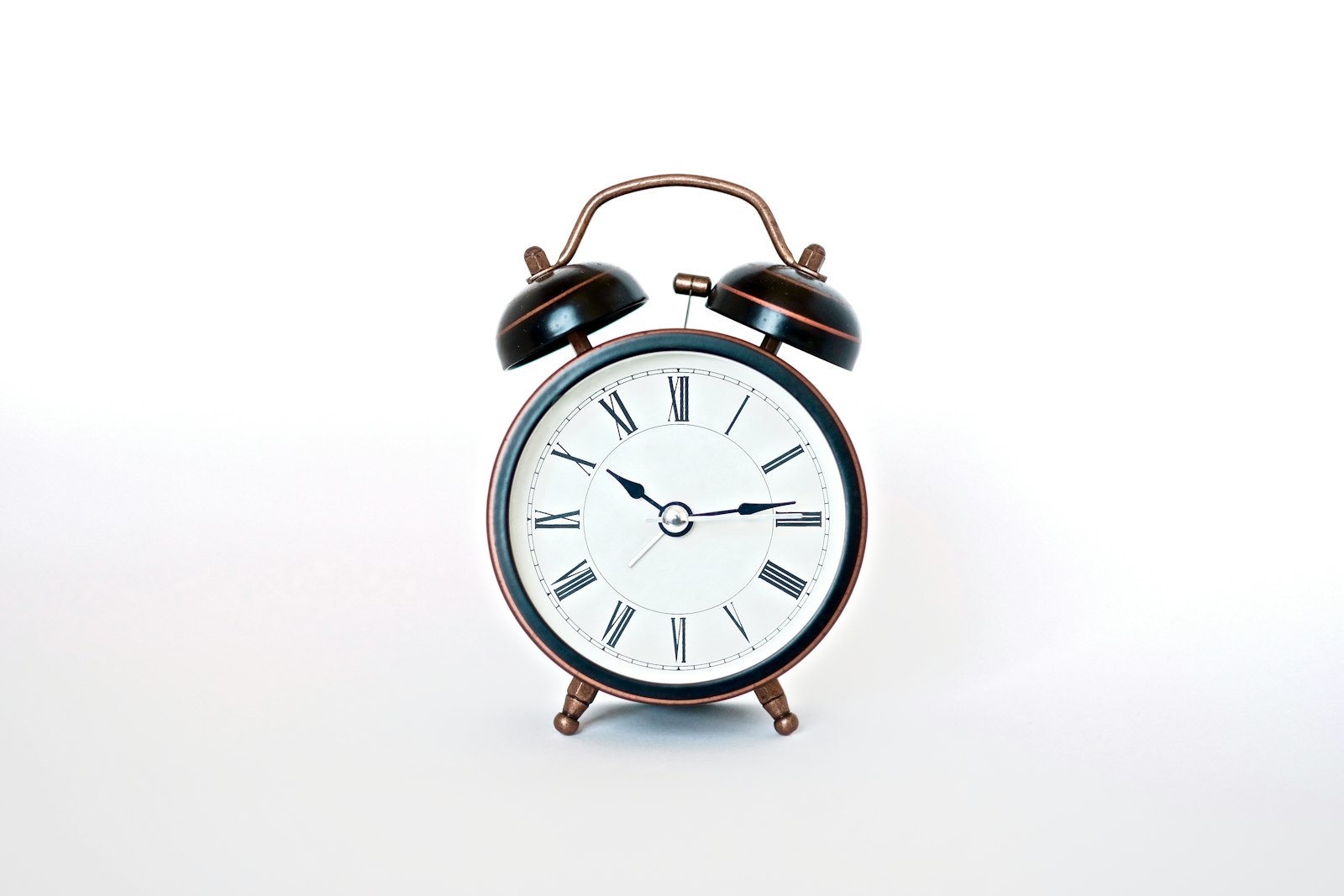
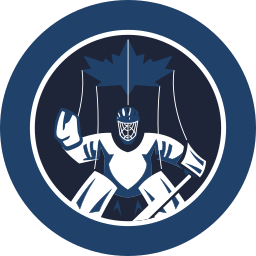

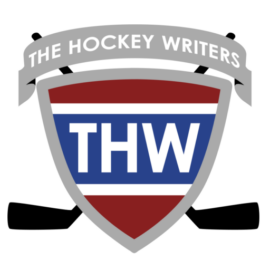

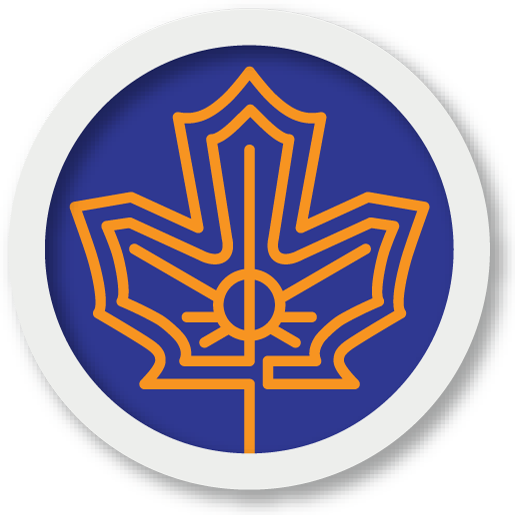
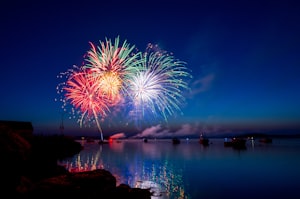
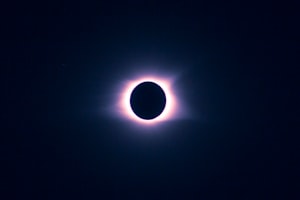



Comment Markdown
Inline Styles
Bold: **Text**
Italics: *Text*
Both: ***Text***
Strikethrough: ~~Text~~
Code: `Text` used as sarcasm font at PPP
Spoiler: !!Text!!